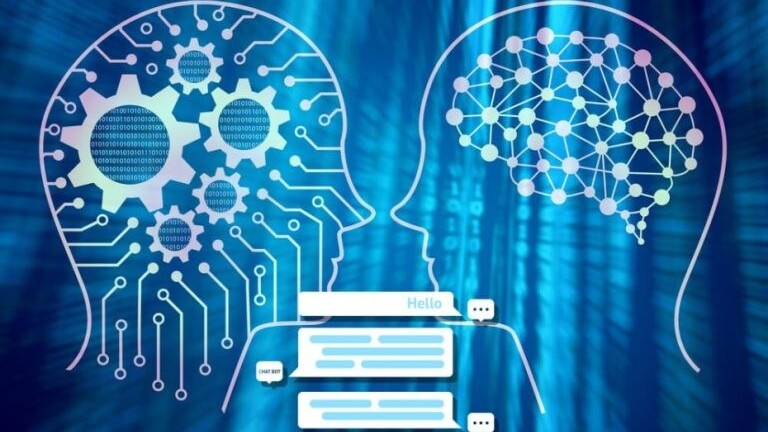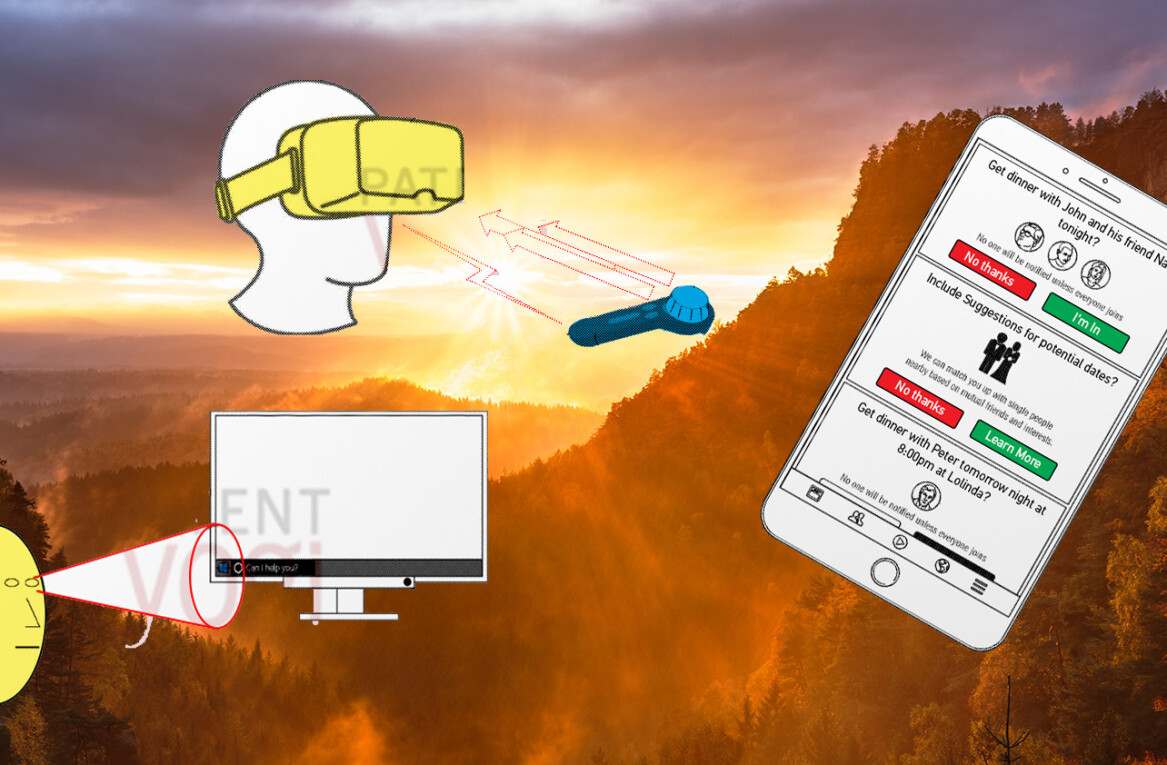
That chatbots are emerging faster than ever is an undeniable fact. Since 2016, chatbots have becoming increasingly more common, largely owing to the fact that major messaging platforms have embraced them.
Chatbot developers and related startups are heralding the dawn of a new era but many remain unconvinced. A number of people are also concerned about the impact of the rising chatbots on the jobs market.
Is this really a war? And if so, who is more likely to win?
Chatbots are already helping e-commerce…
Something that no one can doubt is that chatbots have proven very useful in the e-commerce industry already. After Facebook legitimized chatbots in its Messenger platform – which is currently used by more than 1.2 billion people monthly – it laid a foundation for major change.
Mark Zuckerberg, Facebook’s prolific founder and CEO, is keenly interested in the future of AI technologies and believes that chatbots are a major part of that.
Messenger, Kik, Telegram, and plenty of other platforms have shown that integrating such technologies into messaging can produce fantastic results for the companies involved.
Most consumers across countries such as the US and the UK are not only aware of chatbots but have also used them or would like to do so in the future.
E-commerce companies should embrace chatbots in every single area that could benefit from some sort of automation, including customer care.
Matt Hooper, Senior Vice President of Global Marketing at IMImobile, believes that chatbots can aid in the customer service process and actually decrease associated costs:
If consumers are ready for AI products and services, what opportunities does this represent for businesses? BI Intelligence estimates that 29% could be shaved off the cost of customer care with only moderate levels of automation – while actually improving service. Gartner expects 85% of customer interactions to be automated by 2020, while Oracle suggests that 80% of brands will be using chatbots by the same year
…but they cannot replace human interactions
Despite the rise of chatbots in e-commerce and customer service, no AI can completely replace human interactions in such areas. Users often have very complex questions with nuanced queries which may change across areas and cultures.
For a basic shopping experience, a chatbot may be able to guide users through a specific process that will take them through certain products and present them with numbered options, a process which may or may not result in a sale.
Where they can be of most help, however, is in assisting human customer assistants with the entire process. For instance, a chatbot may be able to answer some basic questions about a problem the user might be facing before an assistant chimes in with the solution or goes on into a more advanced line of questioning.
To replace a human being in such a job, an AI would be smart enough to be representative of the numerous science fictions movies that depict them. Of course, we are nowhere near there yet, if that time ever even arrives.
Chatbots that simply assist humans are everywhere. A representative example of such processes has been detailed by Jeff Quinn, CEO of Herobed:
When potential customers first visit our site, we have our chat function set-up to automatically reach out to them on their first visit, but after that initial prompt, we try to make the process as “human” as possible. We pride ourselves on making our chat sessions conversational, fun, informal, and informative. If the customer we’re talking to feels like we’re having a good time on the job and they’re having a good shopping experience, they will enjoy the process so much more! We don’t think robot responses can do that as well, at least not currently, so why remove our talented staff from the equation?
Chatbots may take some jobs, but such is the future
Like any new technology, chatbots will eventually replace some humans and jobs will be lost in the process. That, however, has always been the way of progress and the cold, hard truth is that such things are inevitable.
However, that is not necessarily a bad thing. All new technologies face some sort of backlash in their early days but who in today’s world could imagine living without a fridge because it put the ice trade out of business?
President Barack Obama also seems to agree:
I tend to be on the optimistic side – historically we’ve absorbed new technologies, and people find that new jobs are created, they migrate, and our standards of living generally go up. I do think that we may be in a slightly different period now, simply because of the pervasive applicability of AI and other technologies. High skill folks do very well in these systems
It is very possible that the future will be full of chatbots and other kinds of AI assistants. But instead of attempting to fight this path of progress, those in the industry should learn to embrace and integrate it into their current business models.
Get the TNW newsletter
Get the most important tech news in your inbox each week.





